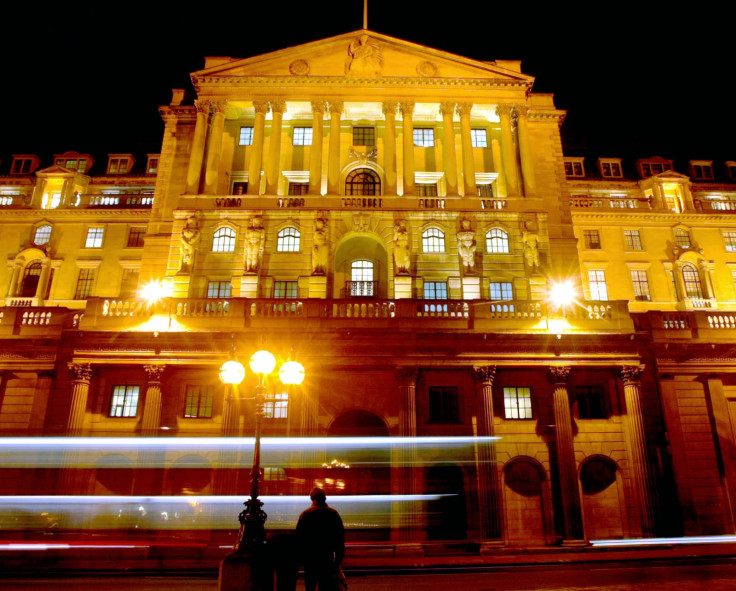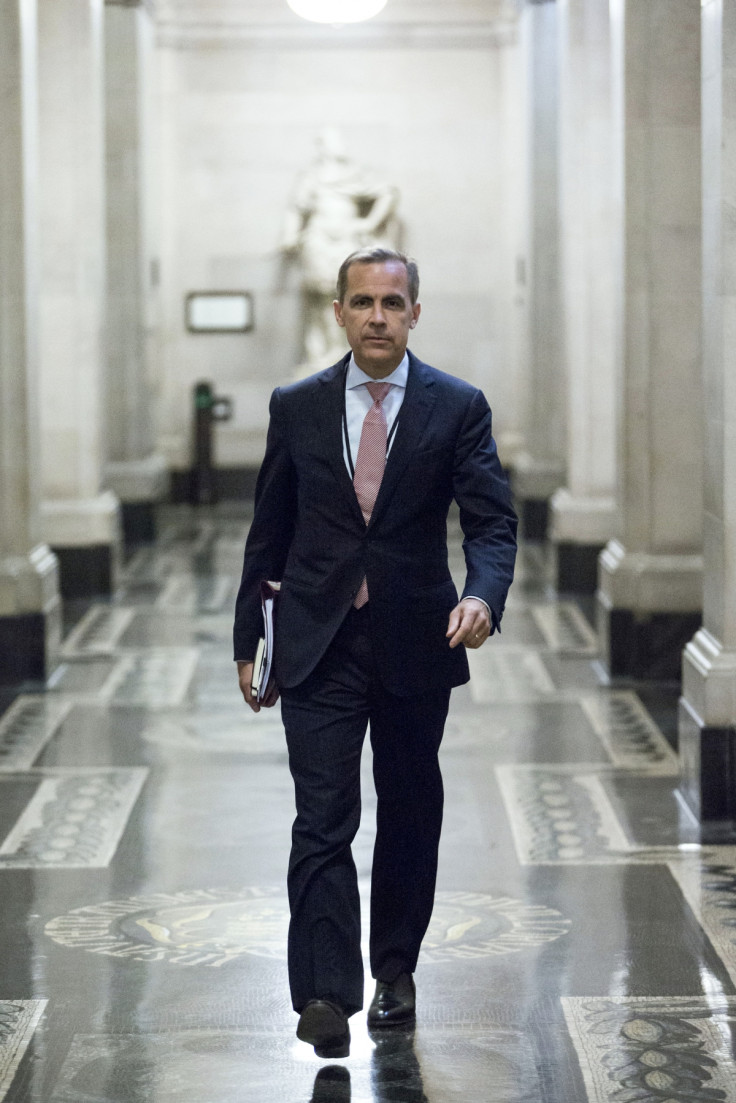Bank of England keeps interest rate at 0.5% and QE programme at £375bn

The Bank of England's Monetary Policy Committee has kept the UK interest rate at its record low of 0.5%, the Bank announced. The organisation's asset buying programme is also unchanged at £375bn (€517bn, $579bn). The results of the MPC's September meeting were hotly anticipated, as it was the first one since the devaluation of the Chinese yuan started.
The second half of August saw global financial instability because of a large-scale stock market crash in China, which influenced markets worldwide. It was also the first meeting of Gertjan de Vlieghe, the new Belgian-British member of the MPC, who replaced longest-serving member David Miles, who was always seen as relatively hawkish.
The Committee intends to set monetary policy in order to ensure that growth is sufficient to absorb the remaining economic slack so as to return inflation to the target within two years
In a statement, the committee said: "Global developments do not as yet appear sufficient to alter materially the central outlook described in the August Report, but the greater downside risks to the global environment merit close monitoring for any impact on domestic economic activity."
In an almost unanimous decision, only one of the nine MPC members voted against an increase in the lending rate. Ian McCafferty, who has previously expressed his hawkish tendencies, wanted to increase the rate by 25 percentage points to 0.75%.
Analysts said the BoE is highly likely to await a decision by the US Federal Reserve on 17 September on the rate. The committee has also said in the past it will look at the inflation rate, which was at 0.1% in July, still far from the bank's 2% target and has been hovering around 0% for months.
Although the economic recovery from the 2008 financial crash is visible in the UK, it is not only foreign threats that have kept the rate at its record low. Economic growth is slower than expected, more than seven years after the crisis started.
"The committee intends to set monetary policy in order to ensure that growth is sufficient to absorb the remaining economic slack so as to return inflation to the target within two years," the MPC minutes read.

Ben Brettell, senior economist at Hargreaves Lansdown, admitted the 8-1 vote in favour of leaving the rates at 0.5% was no surprise. He said: "If the bank only considered domestic factors, the decision might well have been more finely balanced. With economic growth and the labour market recovery looking healthy, if unspectacular, the case for higher rates is strengthening – despite inflation remaining close to zero."
However, Brettell explained that, looking at global conditions, there is more cause for concern which causes policy makers to refrain from action.
He said: "A slowing Chinese economy and devaluation of the yuan, concerns over the health of other major emerging markets [Brazil's debt was downgraded to junk status overnight, the first Bric economy to lose investment grade status since the financial crisis began], and the resulting volatility in commodity prices could all create headwinds for the UK economy.
"Today's minutes noted that global developments weren't yet sufficient for the bank to change its outlook, but downside risks 'merited close monitoring' in the coming months."
US Federal Reserve
Although international factors have played an important role in the decision to leave rates as they are for the MPC, the Fed's Open Market Committee (FOMC) in the US is more likely to change the lending rate than the committee was in the UK.
If the FOMC decides against a rate increase in its 17 September meeting, its only chance to increase rates in 2015 is in its December meeting. A US rate rise is seen as more likely as the market consensus is a lot more positive.
"Like her UK counterpart Mark Carney, [Janet] Yellen has stressed that the trajectory of rates is more important than the timing of the first rise, and has said she anticipates the pace of rate rises will be gradual," Brettell said.
Although the US economy expanded by 3.7%, against a 3.2% market expectation, job reduction was lower than expected, which might postpone a rate increase initiated by the FOMC.
© Copyright IBTimes 2025. All rights reserved.






















